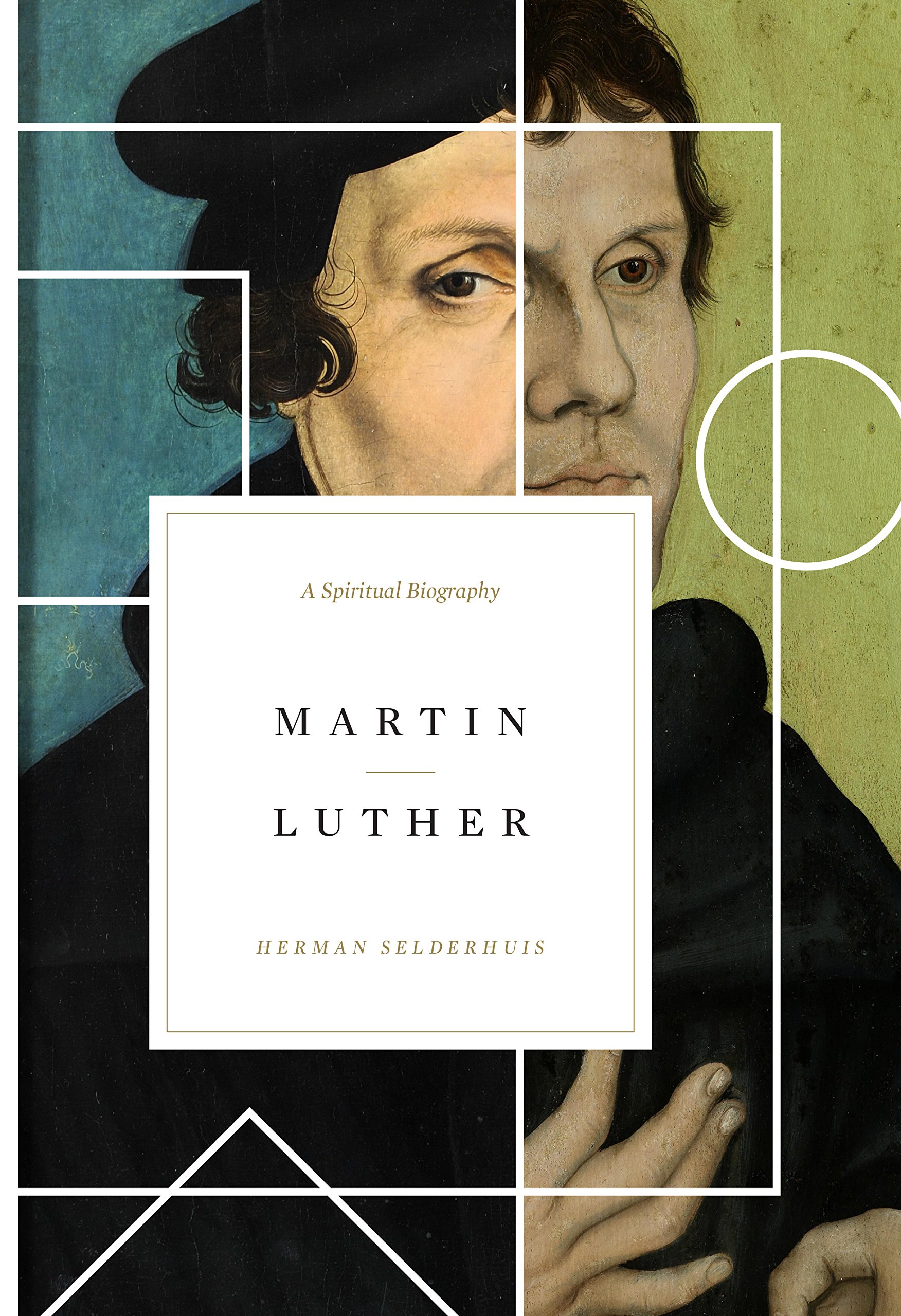Reviewed by Ryan M. McGraw
Many authors have written biographies of Martin Luther. Yet few make Luther come to life as he really was like this one does. This is a gripping and accessible account, not so much of a hero of the faith, as of a man whom God used to reform the church. Selderhuis’ narrative will make readers laugh, it will make them cry, it will make them rejoice, and it will, at times, make them wince with embarrassment. This book is a good and easy to read introduction to Martin Luther as he really was that is the fruit of enough careful research to help the most seasoned scholar as well.
Selderhuis tells the story of Luther’s life in chronological order. He is sensitive to historical developments in his life and thought and he provides fresh translations from Luther’s Latin and German works where he cites them. The most intriguing parts of the book are where he dispels historical myths surrounding the reformer as well as the way that he illustrates Luther’s character. A few examples will suffice to whet the reader’s appetite for more.
One myth that Selderhuis challenges is the account of Luther’s resolution to become a monk. He argues that Luther did not make a rash vow to become a monk during a thunderstorm. Instead, he left law school near the beginning of his studies with the likely intent to tell his father his decision to become a monk when was he caught in a thunderstorm (43). This event solidified his resolve rather than changing the course of his life. He also questions the alleged incident in which Luther threw an inkbottle at the devil as historically implausible because people did not use inkbottles in Luther’s time. Instead, they filled bowls with ink. Yet the famous splotch on the wall, which has been preserved to this day, does not match the pattern of ink splatter from bowl. The ink spot was also not discovered until the seventeenth-century (165). Other misconceptions exist in relation to the historical circumstances surrounding Luther’s famous Bible translation. Selderhuis, demonstrates, for example, that at least eighteen full translations of the Bible existed in German before Luther produced his own translation. Luther’s Bible also did not shape and unify the German language as much as it filled the need for a new translation that reflected the standardized form of the language (176). These examples highlight the author’s careful attention to context, giving readers a more realistic view of the times in which Luther lived.
Many of the vignettes included in this biography bring the character of the reformer into sharper focus than many other biographies. For example, the infamous conflict between Luther and Zwingli is well-known to readers familiar with Luther’s life. However, Selderhuis adds the detail that even though the breach in fellowship was never healed, Luther and Zwingli both repented of their harsh words with tears at the close of the meeting (238). This addition to the story provides readers with a more well-rounded view of the character of both men. Another colorful episode from the life of Martin Luther: “On a Sunday in June 1545, [Luther] was so distressed at the poor singing of the congregation that he walked out of the church. Bugenhagen, who was leading the service, also became angry: ‘You have chased our father doctor Martinus out of church, and you will do that to me too so that I cannot preach to you any longer” (254). On yet another occasion, Luther was discouraged that the congregation was not profiting more from his preaching. This led him to go on a preaching strike during which he refused to preach for ten months until the congregation convinced him that they would listen better (277).
While this reviewer has not read every account of Luther’s life, this one is his favorite thus far. Many of the heroes of the faith are more ordinary, and sometimes more eccentric, than we would like to admit. Luther is one of most heroic, ordinary, and eccentric figures in church history. Most people who read this book will likely have trouble putting it down, since the real Luther is more compelling than the Luther of legend.
Ryan M. McGraw is Professor of Systematic Theology, Greenville Presbyterian Theological Seminary.
